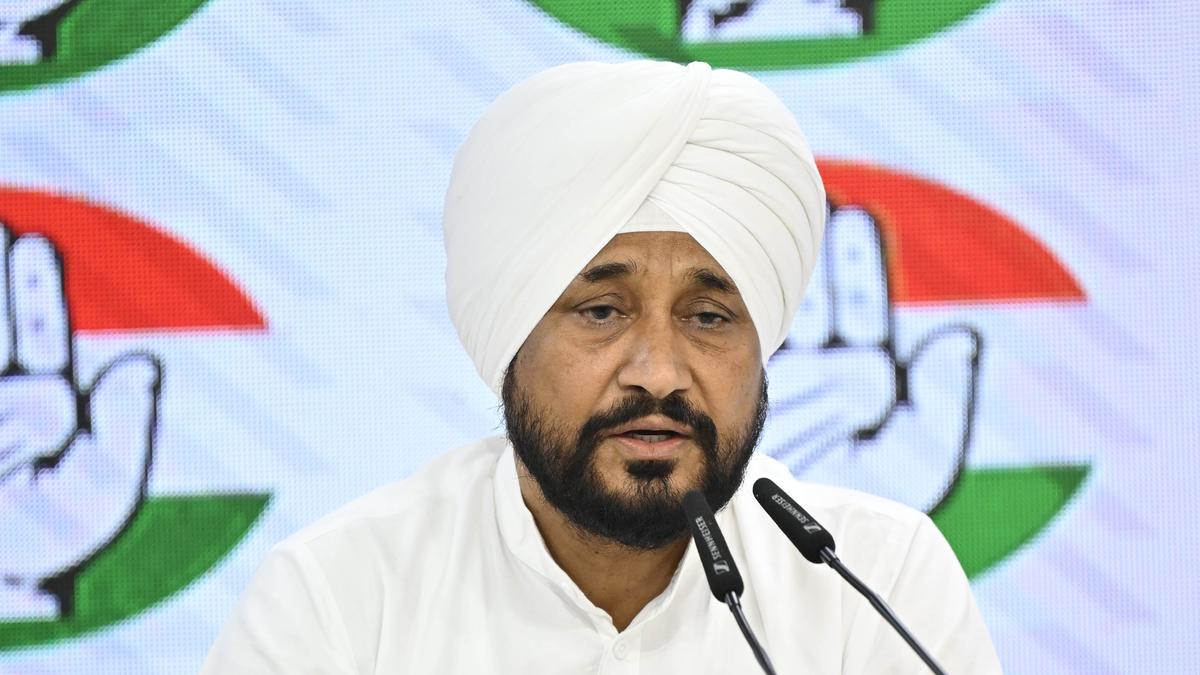Once again, the seven districts of Kalyana Karnataka recorded a disappointing performance in the SSLC examination, occupying the lowest ranks on the State’s results grid. Of the bottom seven districts, six belong to the Kalyana Karnataka region, while the seventh, Vijayapura, from the Kitturu Karnataka region, ranked 34th, just one place above the last.
Minister for Primary and Secondary Education, Madhu Bangarappa, announced the SSLC results in Bengaluru on Friday.
Kalaburagi district, regarded as an educational hub in the region with several reputed institutions, has slipped to the bottom—35th rank—with a pass percentage of just 42.43%, far below the state average of 66.14% and significantly behind Dakshina Kannada, which topped the list with 91.12%.
Kalaburagi’s decline has been consistent over the past three years, dropping from 29th place in 2023 to 34th in 2024, and now 35th in 2025.
Following Kalaburagi, Vijayapura ranked 34th with a pass percentage of 49.58%, Yadgir 33rd with 51.60%, Raichur 32nd with 52.05%, Bidar 31st with 53.25%, Koppal 30th with 57.32%, and Ballari 29th with 60.26%. A bright spot for the region is Vijayanagara district, which showed marked improvement, rising from 27th rank last year (65.61%) to 19th rank this year with a 67.62% pass rate.
Among the individual performances, Yadgir, which was at the bottom in 2024 with 50.59%, rose two spots to 33rd. Raichur, previously 31st, dropped a place to 32nd. Bidar climbed from 33rd to 31st, while Koppal improved its position from 32nd to 30th. Ballari, however, slipped slightly from 28th to 29th.
Notably, none of the 22 students in the state who achieved a perfect score of 625 out of 625 are from the Kalyana Karnataka region.
Despite continued efforts by the Department of Public Instruction and the Kalyana Karnataka Region Development Board (KKRDB), the region continues to lag behind in educational outcomes. In a bid to address this, the KKRDB had declared 2023–24 as the ‘Educational Year’ and allocated 25% of its total grant under both MICRO and MACRO schemes to the Akshara Avishkara programme, a special initiative aimed at improving school education in the region. For the year 2023–24, the KKRDB earmarked a total of ₹652.50 crore for educational development—₹456.75 crore under the MICRO scheme and ₹195.75 crore under the MACRO scheme
-eom-
Photos:
KKRDB_Headquarters_(1)
Published – May 02, 2025 08:37 pm IST




